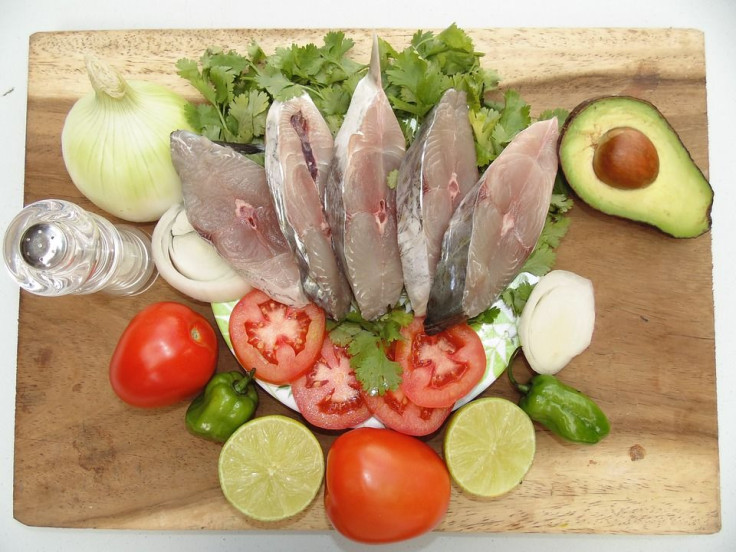Why Vegans Should Take DHA Supplements

True vegans won’t eat fish because fish are animals that feel pain when killed. And besides, the flesh of any animal -- including fish -- is considered meat by vegans.
That’s too bad because fish, especially in oily fish such as anchovies, salmon, herring, mackerel, tuna and halibut, are primary sources of Docosahexaenoic acid or DHA.
And why is DHA vital to human health? Because this type of omega-3 fatty acid accounts for up to 97 percent of the total omega-3 fats in the brain and up to 93 percent of the omega-3 fats in the retina. DHA is also a primary structural component of the cerebral cortex and skin.
DHA is especially vital for pregnant women and lactating women. Two major studies found women consuming 600mg to 800mg of DHA daily during pregnancy cut their risk of early preterm birth by more than 40 percent in the U.S. and 64 percent in Australia, compared to those taking a placebo.
It’s long been established that sufficient long-chain omega-3 DHA and EPA (another type of omega-3 fatty acid) may be important for preserving brain function and structure. Combined DHA and EPA could also help reduce inflammation and the risk of chronic diseases such as heart disease.
DHA might also reduce the risk of heart and circulatory disease by thinning blood and lowering blood levels of triglycerides.
The Framingham Heart Study, which is the basis for what we know today about heart disease, found what seems to be an omega-3 threshold index value of 4.4. This value is a measure of desirable EPA and DHA levels.
Having a value less than 4.4 is associated with accelerated brain loss equivalent to about an extra two years of brain aging. This means it’s ideal to have an omega-3 index over 4.4. Such isn’t the case for vegans.
People that don’t eat fish may have an index value under 4.4. Some sources even claim nearly two-thirds of vegans might fall below 4.0. This suggests a large number of vegans have an omega-3 status associated with accelerated brain aging. Other studies show the average American has a threshold of about 4.5.
Vegans concerned about their low DHA levels can turn to dietary DHA supplements. In supplements, DHA is used in combination with eicosapentaenoic acid (EPA) to provide the benefits of both these omega-3 fatty acids.
Phase 2 of the Framingham Study saw researchers give algae-derived EPA and DHA to those eating vegan diets with levels under 4.0. About 250mg a day took these vegans from an average of 3.1 to 4.8 within four months.



























